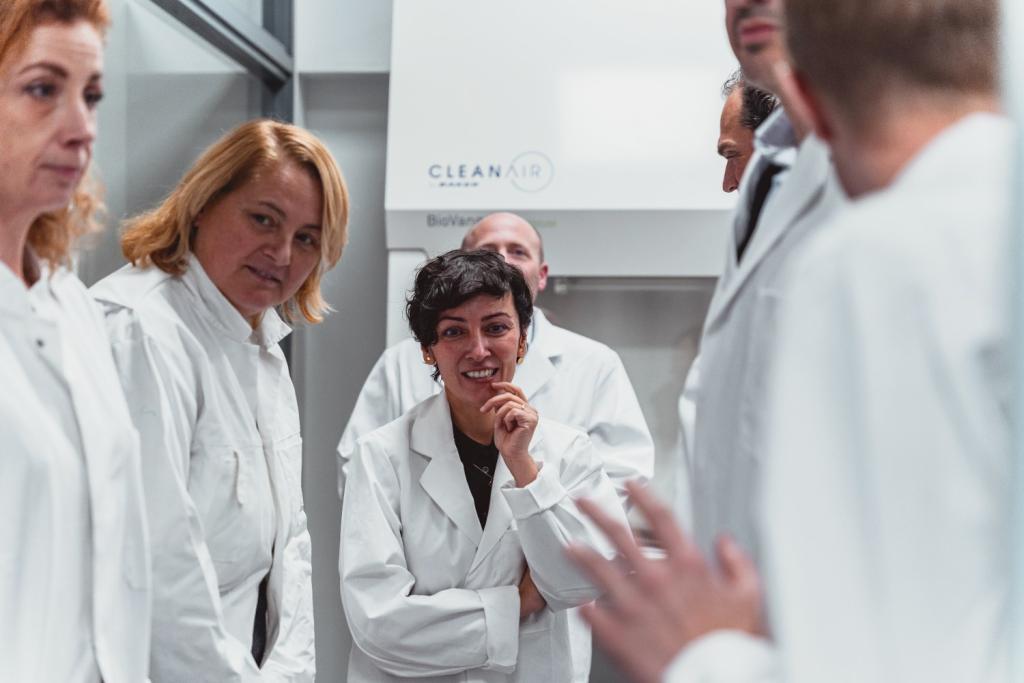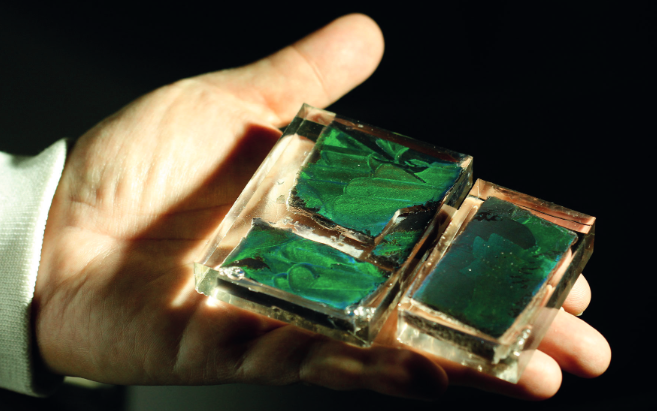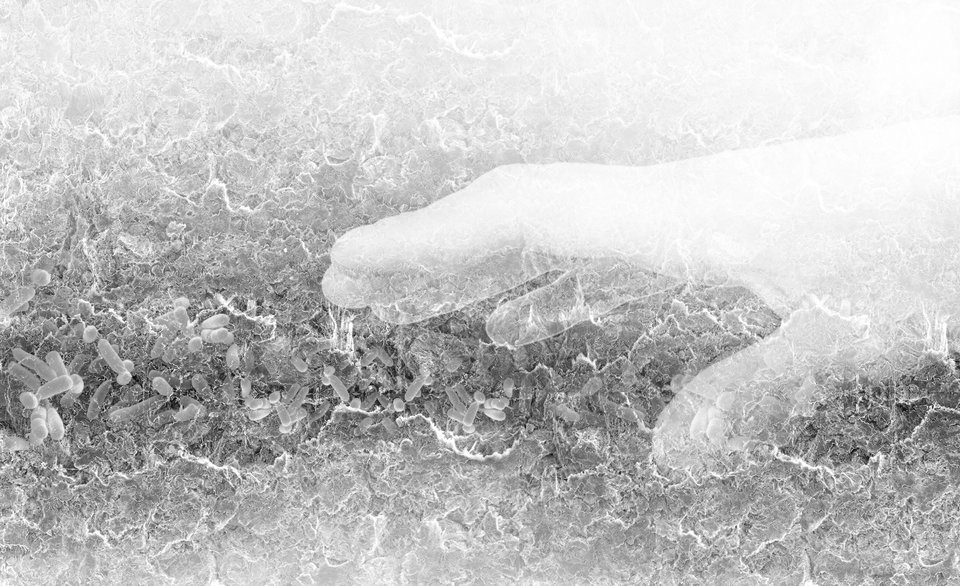Research theme: Biodesign
Sustainable Design Engineering department / materialising futures / labs / people / contact
Driven by the on-going advances in emerging technologies, Biodesign presents a new industrial paradigm for the production of material artefacts in the 21st century, inviting unprecedented economic, humanitarian, and ecological opportunities. The emerging practice promotes integration of “living materials” (such as bacteria, algae, fungi and plants) into design, offering possibilities of sustainable outcomes in the form of: animal-free leather and fur-like materials, oil-free plastics, alternative energy and food sources and generators, and much more. Yet despite the promise and optimism shared by the stakeholders of biodesign, thus far, its actual incorporation of biology remains largely speculative and/or unscalable. We therefore call for new interdisciplinary competency, tools, and methods that are necessary to research the scaling-up opportunities for biologically fabricated materials as building blocks for future products. Our research team explores design potentials of living microorganisms and their distinct material qualities, towards developing such tools, techniques, and methods; towards sensitive bio-designing with temporalities and scale, for the benefit of society, multispecies, and our planet.
Projects
Labs and facilities

Professor Elvin Karana at the opening of ‘her’ Biodesign Lab. (Photo: Patrick Wetzels | TU Delft)






